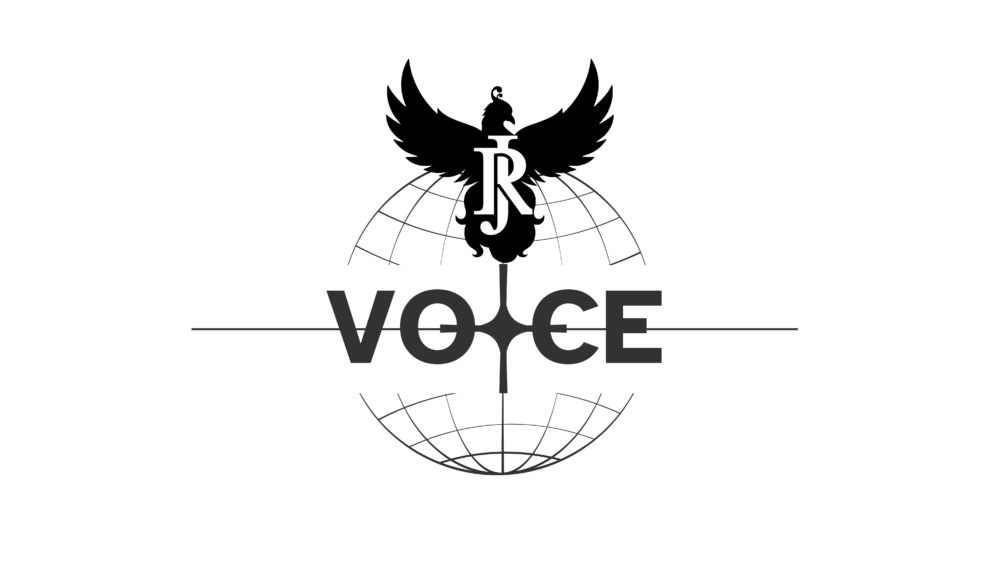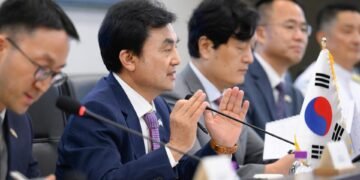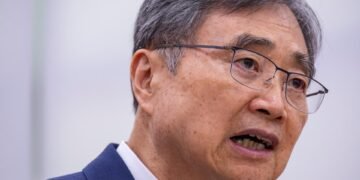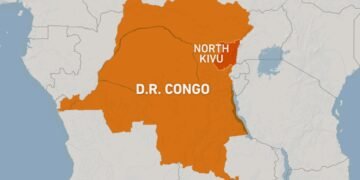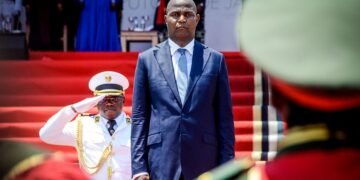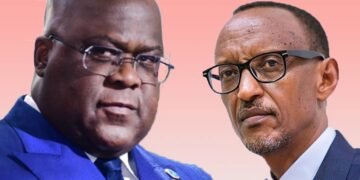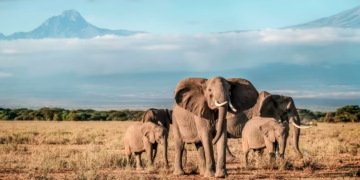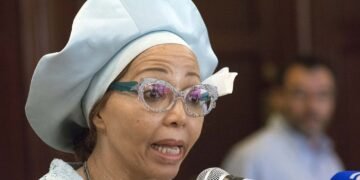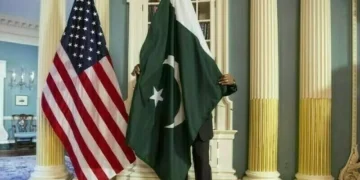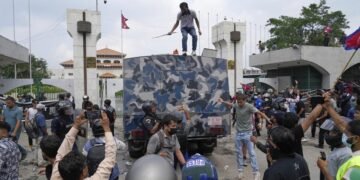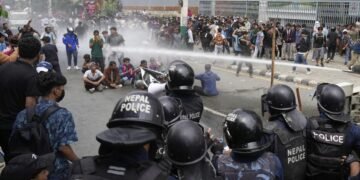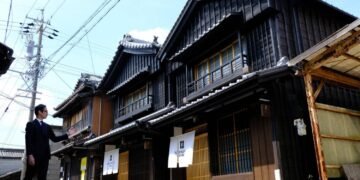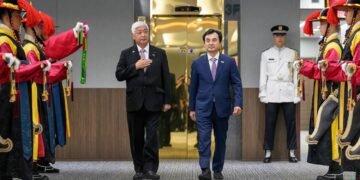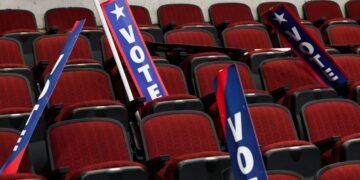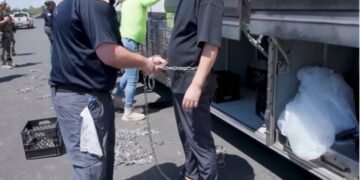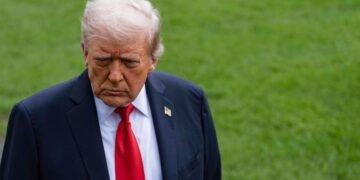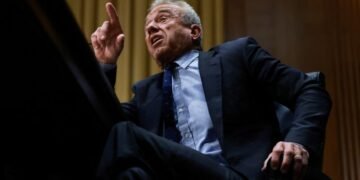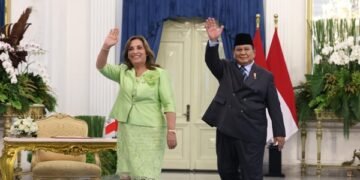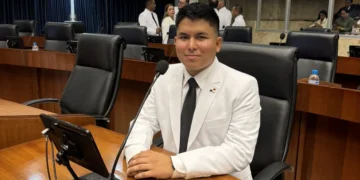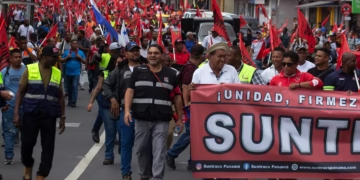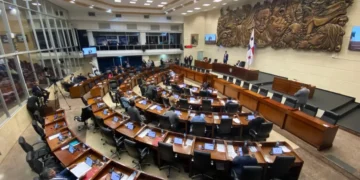A year after a high-profile scandal known as “Rolexgate” shook Peruvian politics, the country’s Congress has decided to shelve the constitutional complaint against President Dina Boluarte. The legislative body’s Subcommittee on Constitutional Accusations voted to dismiss the case, shielding the head of state from prosecution amid ongoing public scrutiny.
The controversy erupted in March 2024, when the podcast La Encerrona released an investigation revealing that Boluarte had worn at least a dozen luxury watches—including multiple Rolexes—at public events. These high-end accessories, along with gold earrings and a diamond-studded bracelet, were neither previously declared nor seen during her earlier tenure as Minister of Development and Social Inclusion.
At first, Boluarte claimed the jewelry items were old possessions, acquired through her own efforts. But her narrative quickly changed. She went silent for months, avoided the press, and saw her approval rating plummet to below 5%. One of her lawyers even speculated that the Rolexes might have been tokens from a “devoted admirer,” or that the jewelry might have been replicas. Eventually, it was admitted that the watches were loaned to her by Wilfredo Oscorima, the governor of Ayacucho.
Former Attorney General Juan Carlos Villena responded to the revelations by filing a constitutional complaint, accusing Boluarte of improper passive bribery involving favors allegedly exchanged for the luxury items. But on Friday, the subcommittee voted 10 to 6, with two abstentions, to declare the complaint inadmissible. The decision followed a report led by Fuerza Popular legislator Nilza Chacón, who cited Article 117 of the Constitution as the basis for dismissal.
According to Chacón, the Peruvian Constitution only permits legal action against a sitting president for a limited set of offenses: treason, disrupting elections, illegally dissolving Congress, or interfering with the electoral system. “Under this framework, rejecting the complaint is the only constitutionally valid course of action,” she said.
However, investigative journalist Ernesto Cabral—who broke the Rolexgate story—criticized the move as a politically motivated interpretation of constitutional law. “This isn’t about evaluating evidence or determining whether the Rolexes constituted bribery,” said Cabral. “It’s a convenient shield that reflects the political alliance between the Boluarte administration and Fujimorist factions in Congress. The same Congress applied different standards in past cases, such as those involving former President Pedro Castillo.”
Cabral, a key figure at La Encerrona and author of a book on the scandal, argued that Congress could have chosen to suspend the investigation until Boluarte’s term ended, rather than terminating it outright. “The gifts from Governor Oscorima and the subsequent benefits granted to his administration are clearly documented. Yet, the case was archived, sending a powerful message of impunity,” he said.
The prosecution had argued that Boluarte received the watches around the same time her government approved multiple financial allocations for Ayacucho. These included six supreme decrees and two emergency decrees that fulfilled eight funding requests from the regional government.
Meanwhile, Congresswoman Chacón has suggested that former Attorney General Villena could now face legal repercussions himself, accusing him of politically misusing his authority in pursuing the case against the president.
As the dust settles on the Rolexgate saga, public opinion remains divided. While the legal battle may be over for now, the political and ethical questions raised by the scandal continue to resonate across Peru.

